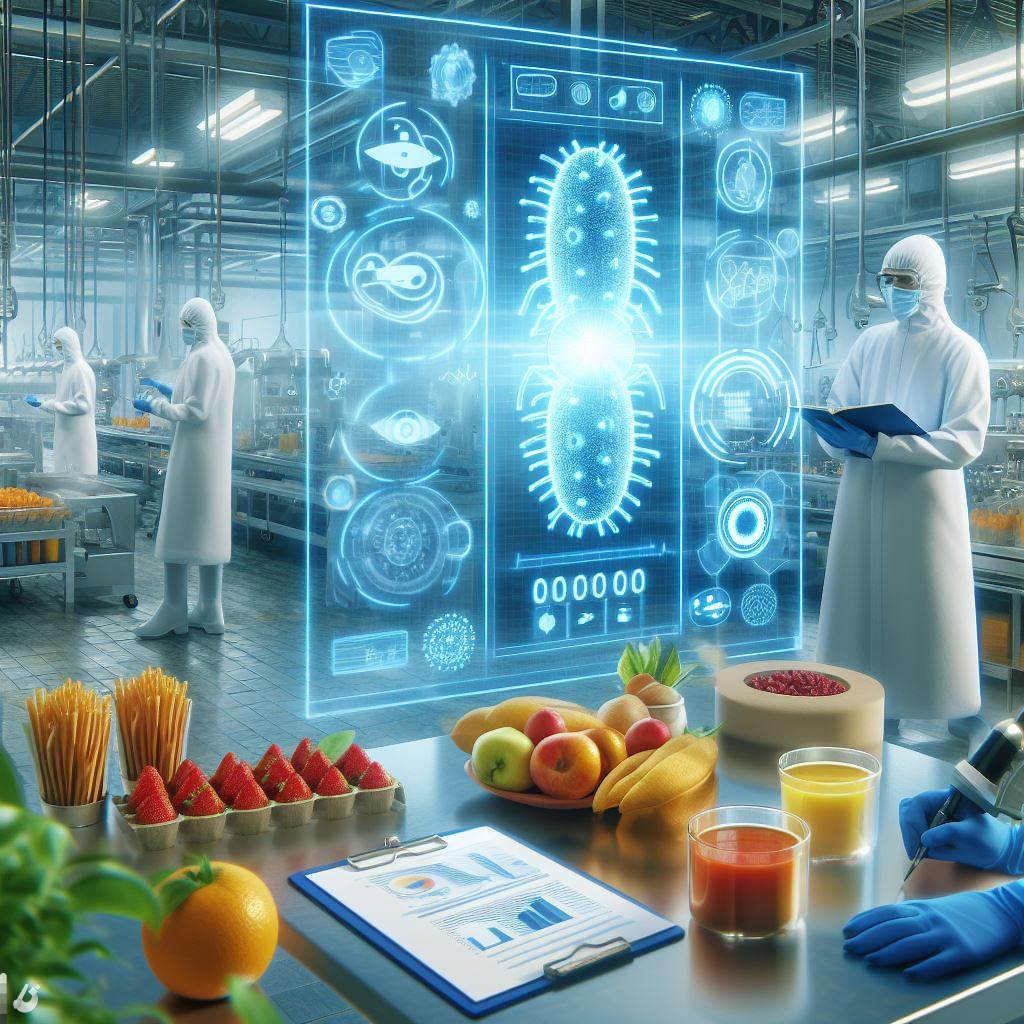
In the complex world of food processing, where cleanliness is paramount, a French startup named Spore.Bio is set to revolutionize the industry with its innovative pathogen-detection methodology. This breakthrough has recently attracted significant attention, with Spore.Bio securing €8 million in pre-seed funding, led by LocalGlobe VC and featuring a notable list of investors.
Spore.Bio's technology involves shining optical light on surfaces that have come into contact with both clean and unclean food. By comparing these datasets, the system can swiftly identify surfaces that fall short of cleanliness standards. The company, still in its early stages, plans to utilize the funding to develop a handheld hardware device capable of immediate pathogen detection directly on the factory floor.
Amine Raji, Spore.Bio's CEO and Nestlé veteran, shed light on the technology, explaining, "We send light to the sample to take a fancy snapshot. Our machine learning models recognize the spectral nature of bacteria in this snapshot." This cutting-edge approach involves creating a vast dataset by training the system with samples of both contaminated and non-contaminated foods and beverages, a valuable asset that has already attracted collaborations with major manufacturers worldwide.
While details about the hardware are under wraps due to pending patents, Raji revealed that the device employs advanced photonic technologies and utilizes lasers to detect pathogens based on their spectral signatures. The company is already working on obtaining necessary certifications, such as ISO 16140 for microbiology in the food chain, to ensure its compliance with existing regulations.
One of the most compelling aspects of Spore.Bio's solution is its potential to provide almost real-time insights, eliminating the need for sending samples to offsite labs and waiting for results, a process that can take up to 20 days. This acceleration could significantly reduce downtime in food processing plants, addressing a critical issue in the industry. Deloitte estimates that downtime costs the global food and beverage processing industry approximately $50 billion annually.
Despite being in the pre-product stage, Spore.Bio has generated considerable interest, with a waitlist for its first prototypes. The company aims to deploy these prototypes globally by the next year, promising a game-changing advancement in the quest for swift and efficient pathogen detection. In a landscape where competitors like U.S.-based PathogenDX are also making strides, Spore.Bio appears poised to lead the charge towards a safer, more efficient future for food processing.